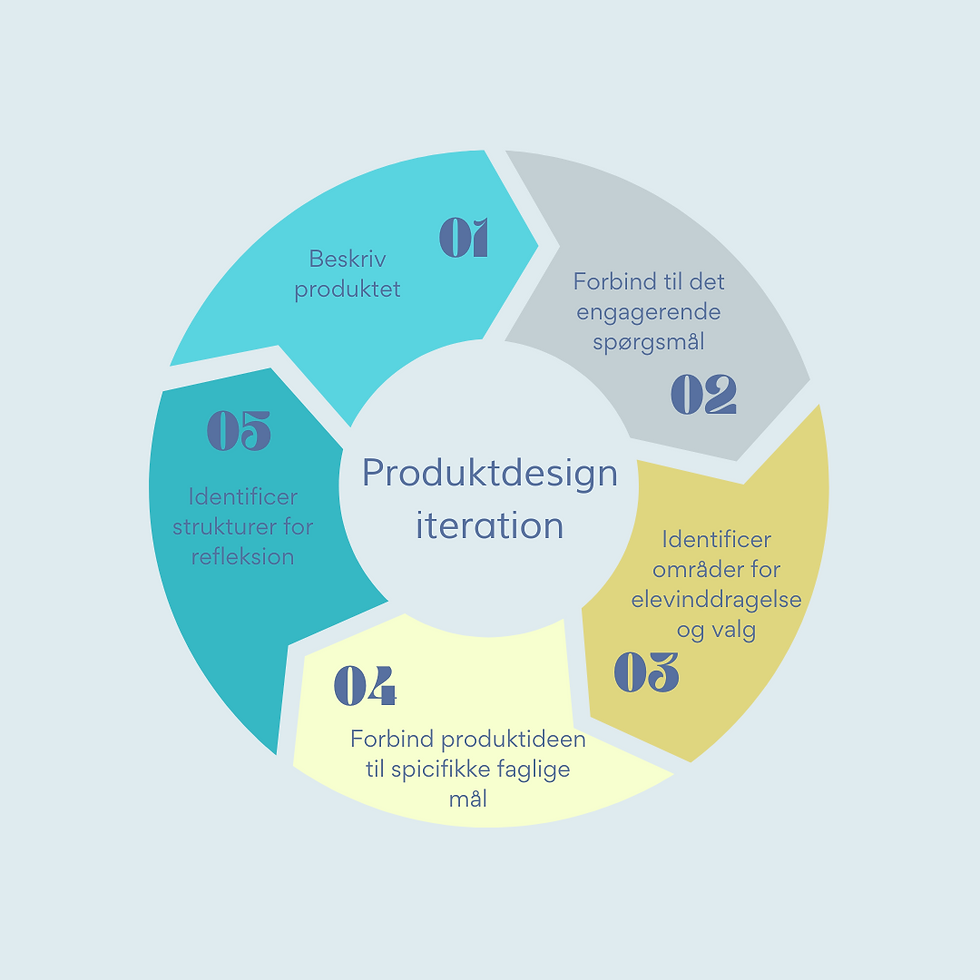Imagine if the connections come before the content
- Loni Bergqvist
- 30. apr. 2024
- 3 min læsning

It was a workshop like so many others. At least, that's what we thought. We had been asked to do a workshop for a group of teachers we hadn't worked with before. We thought it would be easy because we had planned the workshop based on what we had been told about the group.
We were in for a surprise.
After a brief introduction and a quick check-in, we dove straight into the exercises and the content we had brought with us. We had a lot to cover.
To our great surprise, we were met with almost only resistance, passivity, and eyes rolling around. We had missed the mark completely - one step forward and 10 steps back.
I left feeling somewhat defeated - why did it go so wrong?
Let's shed light on the situation with the clarity of hindsight.
The 3 layers of group dynamics
The success of a workshop does not depend solely on the presented content (which we thought was spot on). The three layers of group dynamics - content, process, and relationship - play crucial roles in creating the best learning experience.
We fell into the trap of focusing on creating a workshop that was about conveying the content, without paying much attention to the two deeper and fundamental layers.
If we had focused on the process, we would have realized that some of the methods and techniques we used in the process were things the group had struggled with before.
And we missed the most important layer: the relationship. As humans, we need to feel heard, respected, and acknowledged. Without that, we are not open to learning. By approaching the group without establishing a relationship and without understanding and acknowledging the history before the workshop, we completely missed each other.
Top layer
Content forms the backbone of any workshop. It is the knowledge, skills, and insights participants need to gain. But without the other two layers, a presentation of content falls short. We quickly jumped to the content in our workshop, almost without giving the other two layers a thought.
Middle layer
Process involves methods, techniques, and activities used to convey the content, as well as an understanding of how the workshop fits into a larger context. Despite the use of effective techniques, we had not aligned them with the larger process. Without an understanding of the preceding history, we used methods that had not previously been well-received by this group.
Bottom layer
Relationship, the foundation for the other two layers, is crucial for participants to feel open and ready to engage. As humans, we need to feel heard, respected, and acknowledged. Here, we made our biggest mistake. By entering without establishing a relationship and without understanding and acknowledging the history before the workshop, we completely missed each other.
Why relationship before content is important.
1. Engagement and Participation:
When participants feel connected, they are more likely to actively participate in discussions, activities, and exercises, leading to deeper understanding and retention of content.
2. Adaptation and Flexibility:
Strong relationships provide insights into participants' unique needs and learning styles. This allows facilitators and teachers to adapt content and process to fit the group's dynamics.
3. Conflict Resolution and Feedback:
A foundation of trust enables constructive feedback and facilitates conflict resolution. Participants are more likely to voice concerns or suggestions, contributing to a more collaborative learning environment.
4. Long-term Impact:
Meaningful connections can extend beyond the end of the workshop. Participants are more likely to continue learning, collaborating, and networking with each other even after the workshop concludes.
The three layers of group dynamics remind us that workshops are not just about conveying information. Every time we enter a room, we also step into an already existing story and culture. It's about creating an environment where learning is embraced, where individuals feel heard and valued. By prioritizing relationship before content, we unlock the full potential of workshops and ensure that knowledge and skills are not just conveyed but also internalized and applied in meaningful ways.
We need to establish a relationship with the group and, through a fair and inclusive process, convey the content.
Remember in your next workshop: It's not just about what you teach or how you teach it, but also about whom you teach it to.
By Astrid Ibsen



Kommentarer